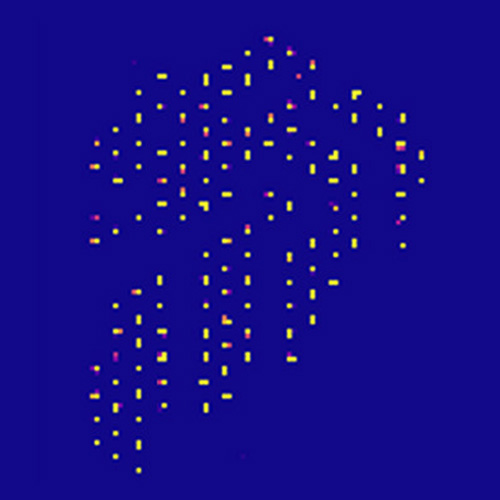Loh Huanqian Group
Loh Huanqian is currently on a leave of absence from her position in the Centre for Quantum Technologies and National University of Singapore.
Advanced materials like superconductors have the potential to change energy transport as we know it. However, their dynamics on the microscopic scale remain poorly understood as they are difficult to simulate with classical computers. A promising solution is to assemble ultracold atoms and molecules as quantum building blocks to mimic these advanced materials and directly observe the dynamics in these clean systems.
Our lab focuses on the control of atoms and molecules at the single-particle, single-quantum-state level. To access this regime, we develop tools to precisely control the motion, internal quantum states, and spatial arrangement of individual particles held in reconfigurable optical tweezers. These versatile quantum lego blocks are in turn used for quantum simulation, allowing us to study interesting quantum materials in the laboratory while working towards building scalable quantum computers.
More information at our homepage: https://lohlab.quantumlah.org/


Assistant Professor
Department of Physics, Faculty of Science, National University of Singapore
Huanqian Loh joined NUS as President's Assistant Professor at the Department of Physics and Principal Investigator at CQT in 2017. She leads a research group that aims to use optical tweezer arrays of atoms and molecules like reconfigurable quantum simulators to mimic advanced materials.
For her research, Huanqian was recognized as a L’OreÃÂal-UNESCO For Women in Science International Rising Talent in 2020, a World Economic Forum Young Scientist in 2019, and a Singapore National Research Foundation Fellow (Class of 2018). She has also served two terms on the World Economic Forum Global Future Council for Quantum Computing.
Group Members

- Loh HuanqianPrincipal Investigator (On leave of absence)
- Aliyu Mohammad MujaheedResearch Fellow
Recent papers

- L. Zhao, M.D.K. Lee, M.M. Aliyu, H.Loh. (2023). Floquet-Tailored Rydberg Interactions. Nature Communications 14 7128

- Ruizhe Shen, Tianqi Chen, M.M. Aliyu, Fang Qin, Yin Zhong, H.Loh, Ching Hua Lee. (2023). Proposal for Observing Yang-Lee Criticality in Rydberg Atomic Arrays. Phys. Rev. Lett. 131 080403

- W. Tian, Wee Wen Jun, Qu An, J. M. Lim, Prithvi Raj Datla, K.P.W.Vanessa , Koh Pei Wen Vanessa , H.Loh. (2023). Parallel assembly of arbitrary defect-free atom arrays with a multi-tweezer algorithm. Physical Review Applied 19 034048

- M.M. Aliyu, L. Zhao, Quek Xiu Quan, Krishna Chaitanya Yellapragada , H.Loh. (2021). D1 magic wavelength tweezers for scaling atom arrays. Physical Review Research 3 043059

- Jean Decamp , Jiangbin Gong, H.Loh, C. Miniatura. (2020). A Universal Graph Description for One-Dimensional Exchange Models. Physical Review Research 2 033297

- Z. Z. Yan, J. W. Park, Y. Ni, H.Loh, S. Will, T. Karman, M. Zwierlein. (2020). Resonant Dipolar Collisions of Ultracold Molecules Induced by Microwave Dressing. Phys. Rev. Lett. 125 063401

- Jean Decamp , Jiangbin Gong, H.Loh, C. Miniatura. (2020). Graph Theory Treatment of One-Dimensional Strongly Repulsive Fermions. Physical Review Research 2 023059










